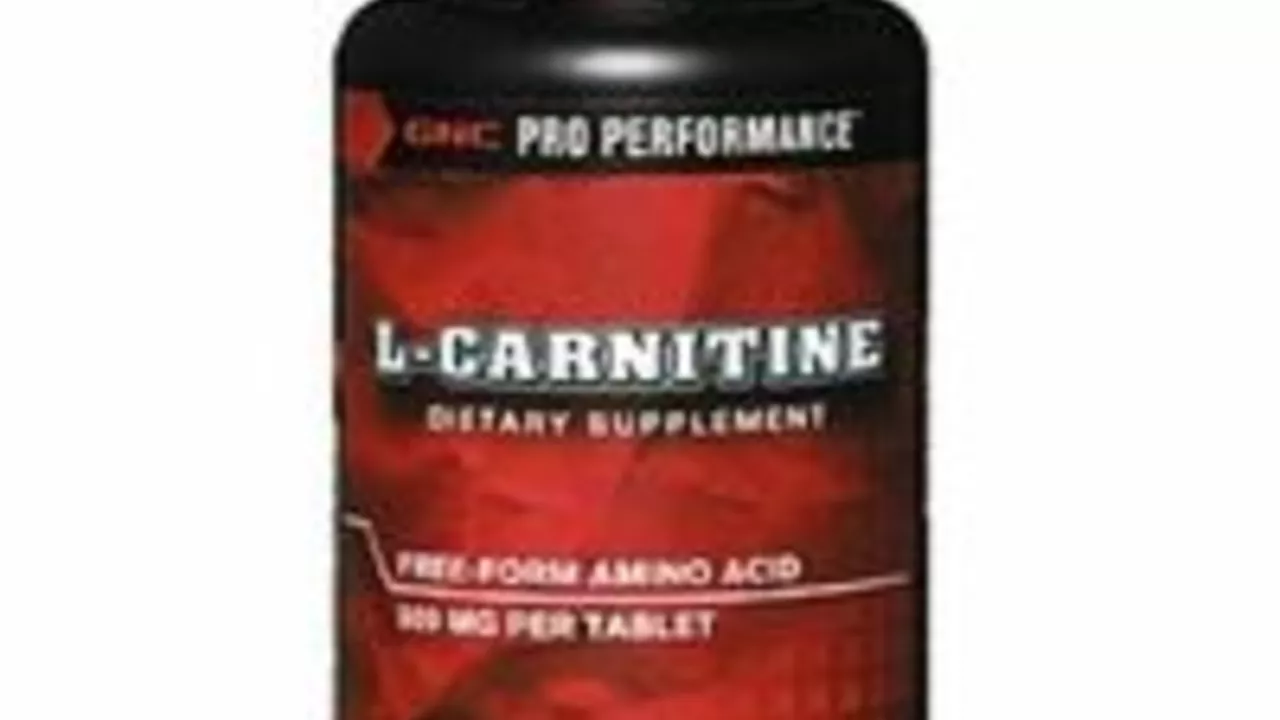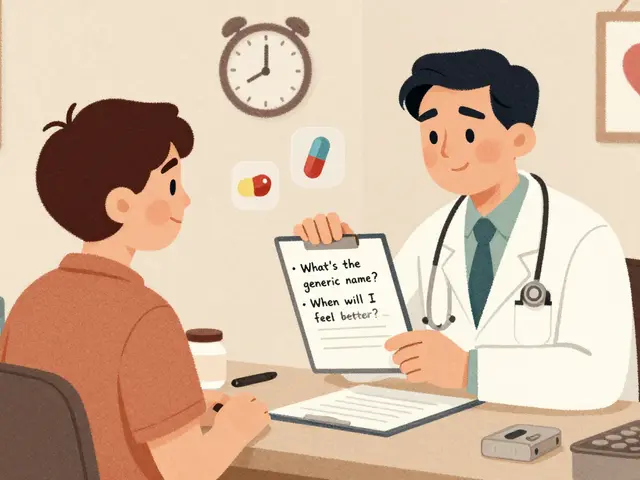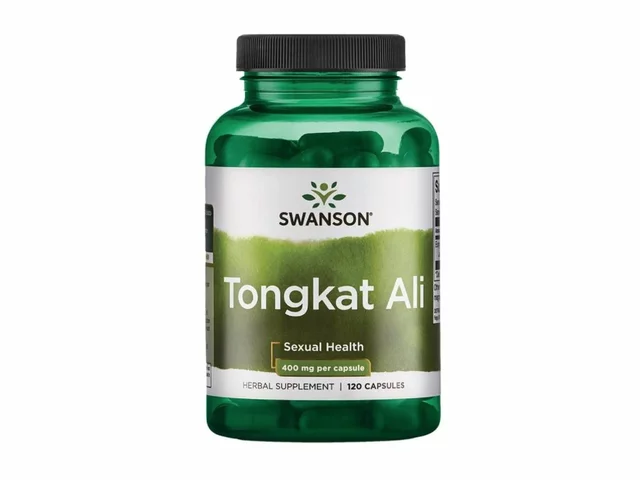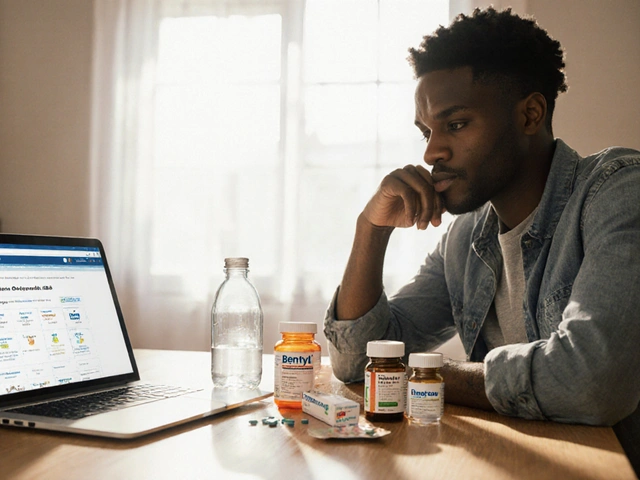Revolutionizing Nutrition: Practical Steps You Can Use Now
Nutrition isn't just salads and calories anymore. Technology, smarter supplements, and simple testing are changing how we eat — and you don't need a lab to benefit. Below are clear, practical moves that fit busy lives and actually work.
Start with small swaps. Swap refined carbs for low-GI choices like rolled oats, sweet potatoes or whole-grain bread. You’ll avoid the mid-afternoon crash and cut blood sugar spikes. If you’re tracking weight or managing type 2 diabetes, these swaps matter more than cutting calories alone.
Use food to support medication, not fight it. Some meds change how your body handles vitamins or minerals. For example, certain diuretics can lower potassium, and some cholesterol drugs can interact with grapefruit. Before adding a new supplement, ask your pharmacist or doctor — or check a reliable site for drug–food interactions.
Smart supplements: when they help and when they don’t
Supplements can fill gaps, but they’re not a cure-all. A daily vitamin D dose helps people with low levels, omega-3s can support heart and brain health, and fiber supplements ease digestion when your diet is low in plants. Don’t guess the dose — a simple blood test or a chat with a clinician can save you money and keep you safe.
If you use online pharmacies or buy supplements online, choose sites with clear ingredient lists, expiry dates, and customer service. Avoid products that promise miracle cures or hide contact details. Real vendors list batch numbers and third-party testing when it's available.
Personalized nutrition without the fuss
Personalized plans used to mean expensive tests. Now, basics like tracking your meals for two weeks, noting energy and digestion, and trying an elimination of common triggers (dairy, gluten, high-FODMAP foods) can show what works. Apps can spot patterns — where you feel foggy, bloated, or energetic — so you can adjust food choices fast.
Microbiome testing is trendy, but don’t let it scare you. Results are useful when paired with practical steps: add fermented foods (yogurt, kefir, sauerkraut), eat a range of fiber-rich plants, and avoid too many processed snacks. Small, consistent changes shape your gut over months, not overnight.
Finally, make nutrition doable. Batch-cook a few protein-rich meals, keep frozen vegetables on hand, and carry a handful of nuts for quick protein. If you take medication, pack them with meals that help absorption when needed. Real-life wins beat perfect plans that never start.
Want a next step? Pick one swap from this page, try it for two weeks, and note the change. If you take prescriptions or have chronic conditions, run new diets and supplements by your healthcare team first. Little moves add up — and that’s how nutrition gets revolutionized for you.






